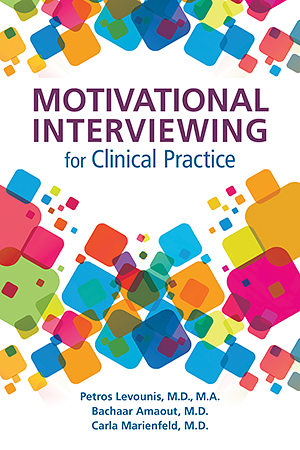Sections
Excerpt
The standard of care for behavioral change in most patients involves a combination of medication and psychosocial interventions. For acute conditions, providers typically ask symptom-specific questions and prescribe short-term medication accordingly. Conversely, the management of chronic illness requires sustained behavioral change; therefore, a supportive, empathic, and collaborative approach is employed. In addition, a strong therapeutic alliance, effective communication, and continued motivation have a significant impact on adherence to medications.
Access content
To read the fulltext, please use one of the options below to sign in or purchase access.- Personal login
- Institutional Login
- Sign in via OpenAthens
- Register for access
-
Please login/register if you wish to pair your device and check access availability.
Not a subscriber?
PsychiatryOnline subscription options offer access to the DSM-5 library, books, journals, CME, and patient resources. This all-in-one virtual library provides psychiatrists and mental health professionals with key resources for diagnosis, treatment, research, and professional development.
Need more help? PsychiatryOnline Customer Service may be reached by emailing [email protected] or by calling 800-368-5777 (in the U.S.) or 703-907-7322 (outside the U.S.).



